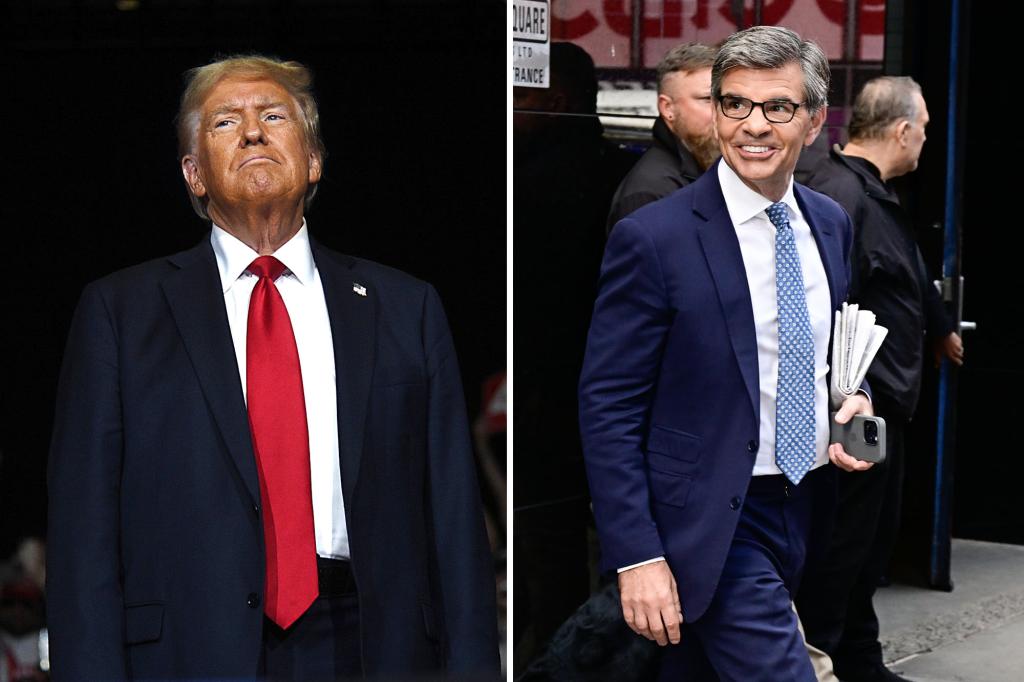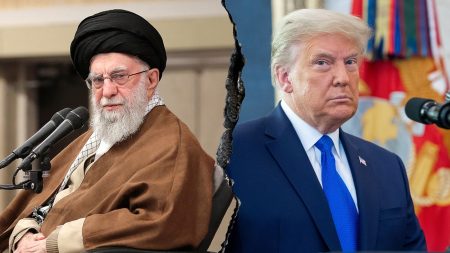This legal saga revolves around a defamation lawsuit filed by former President Donald Trump against ABC News and its prominent anchor, George Stephanopoulos, stemming from comments made during a televised interview. The core of the dispute lies in Stephanopoulos’s repeated assertion that Trump was “found liable for rape,” a statement made during a discussion with Rep. Nancy Mace on the program “This Week.” While a jury did find Trump liable for sexual abuse and defamation in a case brought by E. Jean Carroll, the specific phrasing used by Stephanopoulos became the crux of Trump’s legal action. A federal judge has now ordered both Trump and Stephanopoulos to sit for depositions, setting the stage for a potentially contentious legal battle just days before Christmas.
The depositions, ordered by Miami Magistrate Judge Lisette Reid, will be limited to four hours each and represent a significant step in the pre-trial discovery process. Trump is mandated to appear in person within the Southern District of Florida, the jurisdiction encompassing his Mar-a-Lago residence. Stephanopoulos, however, has been granted permission to participate remotely, a concession acknowledging the logistical challenges of his professional obligations. Judge Reid’s order emphasizes the court’s prior allowance of an extended discovery period and underscores the expectation of timely proceedings, particularly given the conclusion of the recent election cycle. This highlights the court’s intention to move the case forward without unnecessary delays.
The backdrop of this legal skirmish is the highly publicized case involving E. Jean Carroll, a former advice columnist who accused Trump of sexual assault. In May 2023, a Manhattan jury sided with Carroll, finding Trump liable for sexual abuse related to an incident in 1996 and for defamation stemming from his subsequent denials of her allegations. While the jury did not find Trump liable for rape, the $5 million judgment against him became a focal point of public discussion and media coverage. It is within this context that Stephanopoulos’s remarks on “This Week” gained significance, prompting Trump to file his defamation suit against ABC News and its anchor.
Trump’s lawsuit seeks unspecified damages, alleging that Stephanopoulos’s inaccurate statement caused harm to his reputation and public image. This legal action follows a pattern of similar lawsuits filed by Trump against media organizations whose coverage he has deemed unfavorable. Notably, he previously launched a $475 million defamation suit against CNN, which was ultimately dismissed by a federal judge in July 2023. This history of litigation suggests a broader strategy employed by Trump to challenge media narratives and assert control over his public portrayal.
The upcoming depositions represent a crucial juncture in the legal proceedings, offering both sides an opportunity to gather evidence and build their respective cases. Trump’s in-person appearance will likely garner significant media attention, further amplifying the already high-profile nature of the case. The depositions will also provide a platform for both Trump and Stephanopoulos to present their interpretations of the events and clarify their positions under oath. The information elicited during these sessions will be instrumental in shaping the trajectory of the lawsuit and determining its ultimate outcome.
The legal battle between Trump and ABC News underscores the complex intersection of media reporting, public figures, and defamation law. It raises questions about the precision of language used in media coverage, the potential impact of inaccurate statements, and the legal recourse available to individuals who believe they have been defamed. The case also highlights the ongoing tension between freedom of the press and the right to protect one’s reputation, a delicate balance that courts must carefully navigate. As the legal process unfolds, the outcome of this case will have implications not only for the parties involved but also for the broader media landscape and the legal framework governing defamation claims.










